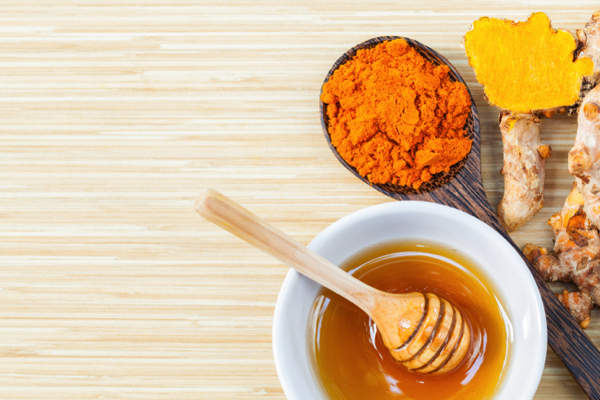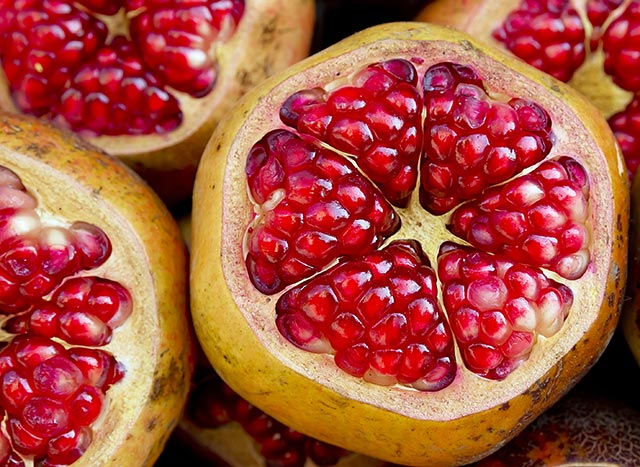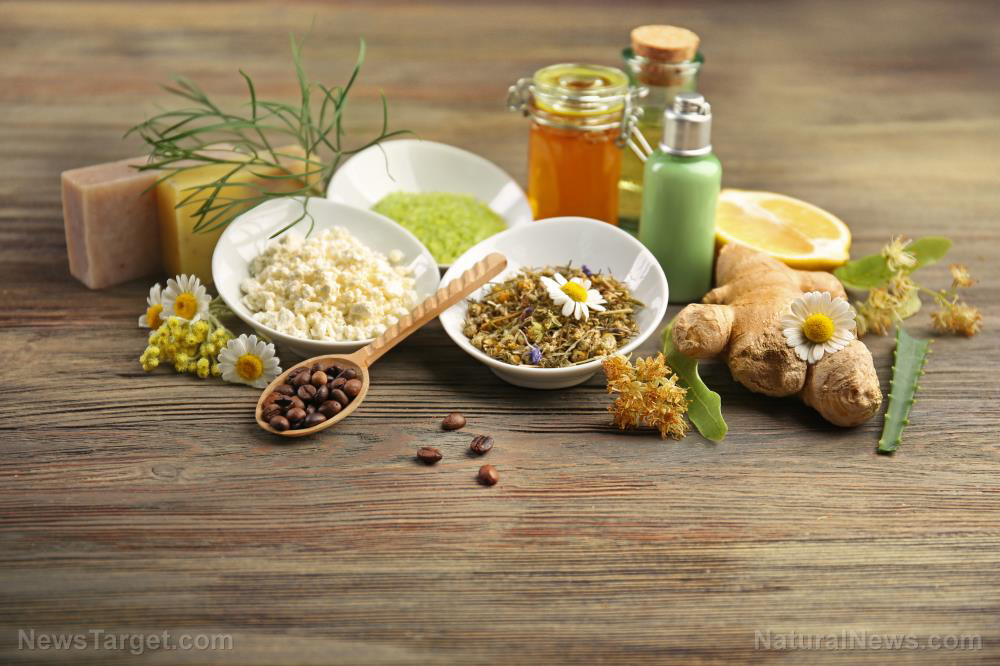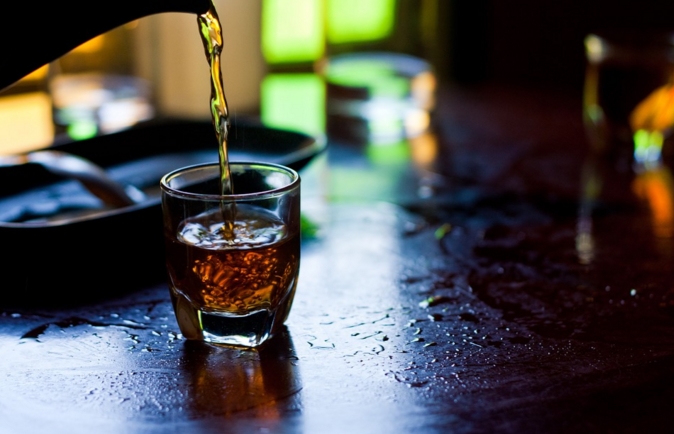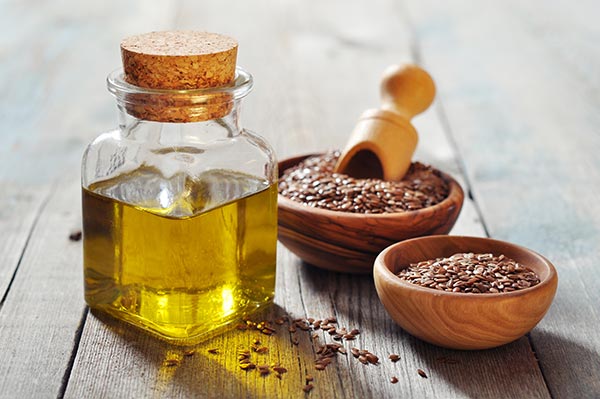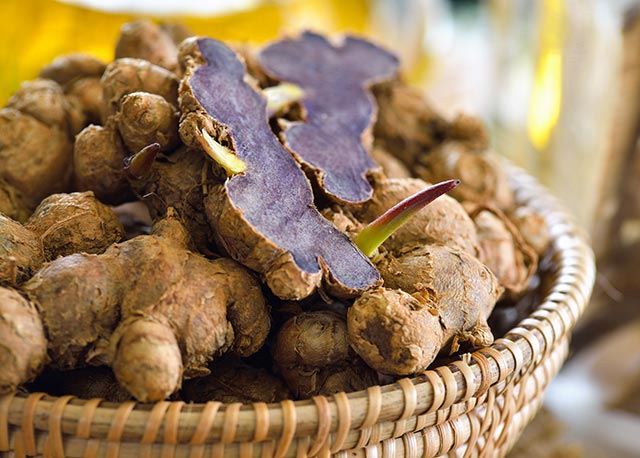The importance of leisure to a prepper’s mental health and psychological resilience
03/04/2024 / By Olivia Cook
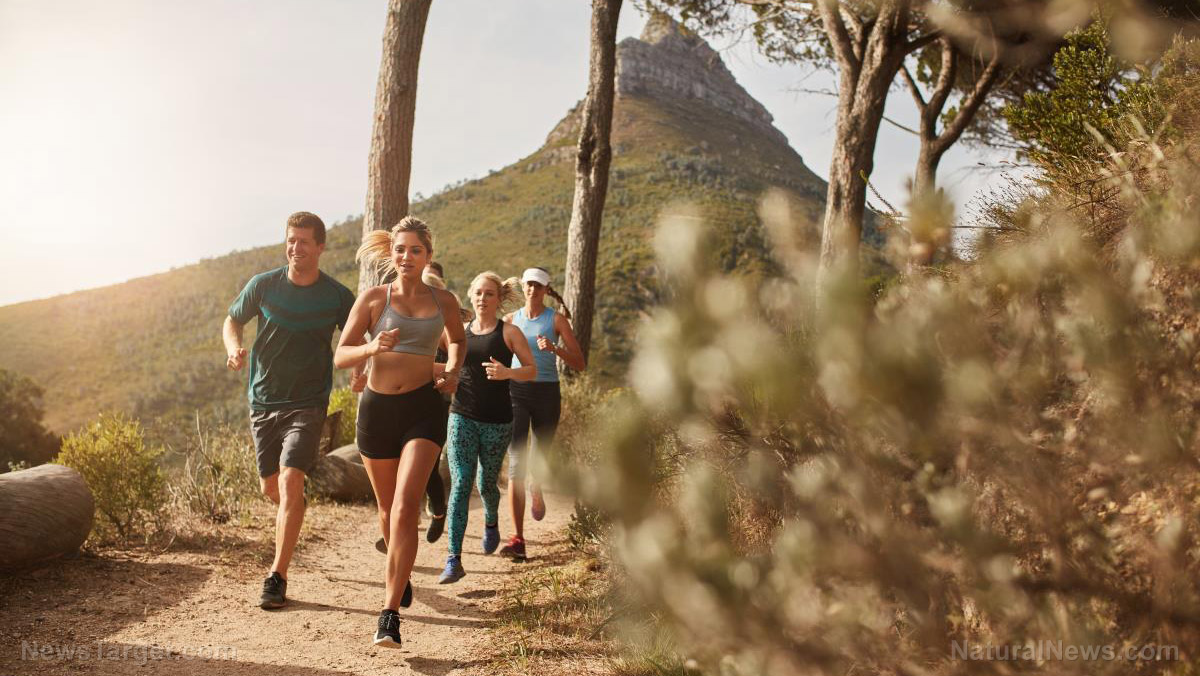
Preppers require psychological resilience to be prepared for anything. They need a strong mind to navigate the challenges that may arise in emergencies. Their mind is their best tool and most important resource for long-term preparedness.
Often overlooked by those who are new to the psychology of survival is the importance of leisure in prepping.
There are both physical and psychological benefits of leisure time – with reduced levels of anxiety, depression and stress, improved mood and higher levels of positive emotion.
Here are three types of leisure that preppers need to have a strong mind and and mental well-being.
Active leisure
Physical activity is not only essential for maintaining good health, but it also contributes to psychological resilience by building mental toughness. Being physically fit ensures that you are prepared to face any emergency or disaster.
Preppers incorporate physical activity into their preparedness routine by participating in hiking, practicing survival skills outdoors, self-defense training and more. It’s good to let off some of that pent-up energy to help your mind and body relax. (Related: Study: RUNNING boosts mental health and helps treat depression.)
A healthy and fit body and mind can mean the difference between life and death in a survival situation.
Exercise improves stamina and endurance. It makes a huge difference when it comes to escaping danger or reaching safety if you can run, walk or even climb for extended periods.
Exercise increases strength and agility. Being hale and hearty gives you an advantage when it comes to protecting yourself and your loved ones. You need to be strong as you may need to carry heavy supplies, clear up debris during disasters or even defend yourself in times of chaos. You need to be in tip-top shape to move quickly and adapt to various terrains when navigating through difficult environments.
Passive leisure
Leisure is often the first thing to go if you start to pull back and allow yourself to be swallowed by life’s challenges. A prepper’s tip is to incorporate stress-reduction techniques.
A lot of times, your coping skills would probably be leisure things – whether it’s engaging in a hobby, keeping a journal of your feelings, reading or just talking to somebody.
You may also try new things. Try out regular journaling – noting your goals, challenges, progress and milestones in your prepping journey. It may help you gain insight into your actions, feelings and thoughts, as well as reinforce your psychological resilience.
Make a list of things you always wanted to do. Write them on pieces of note paper and post them on your fridge or a mirror so that you’ll be able to refer back to them. And maybe, you’ll realize that those are leisure things as well.
Stress management is crucial for preppers as high stress levels can negatively impact decision-making, health and overall well-being. (Related: Gardening is more effective than going to the gym: Burns more calories… more rewarding and enjoyable.)
Social leisure
While prepping is associated with self-reliance, a prepper believes that having a strong support network can make a significant difference during challenging times.
They connect with other preppers or like-minded individuals who can provide a sense of community, share valuable knowledge and offer emotional support, as appropriate, to prevent burn-out.
They know the value of establishing a support system. Have people around you who know your mental needs or know what will help you. They’ll be able to see if you’re starting to slip or if you’re starting to kind of withdraw so that you’re able to have them come help you be more engaged. (Related: Gardening and volunteering boost mental health, relieving stress, anxiety and depression.)
For the best preparedness and survival goods around, check out the available products at the Health Ranger Store.
Learn how leisure activities improve your mental health by watching the following video from Dr. David Geier.
This video is from the Daily Videos channel on Brighteon.com.
More related stories:
Exercise: The Miracle antidepressant drug?
Lifting weights could ward off dementia and make you smarter.
Healthy habits and mental well-being: Natural ways to beat depression.
Sources include:
Submit a correction >>
Tagged Under:
active leisure, beat depression, mental health, mind, natural health, passive leisure, physical activity, positivity, preparedness, prepper, prepping, psychological resilience, social leisure, survival, tips
This article may contain statements that reflect the opinion of the author
RECENT NEWS & ARTICLES
COPYRIGHT © 2017 NATURAL HEALTH NEWS


